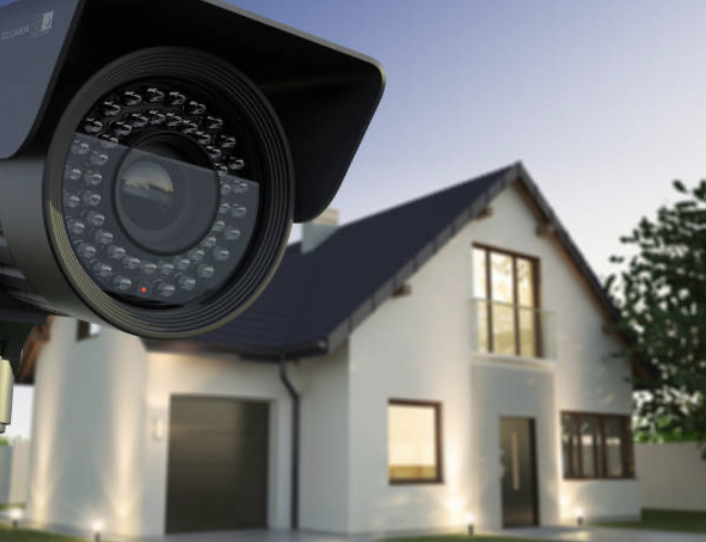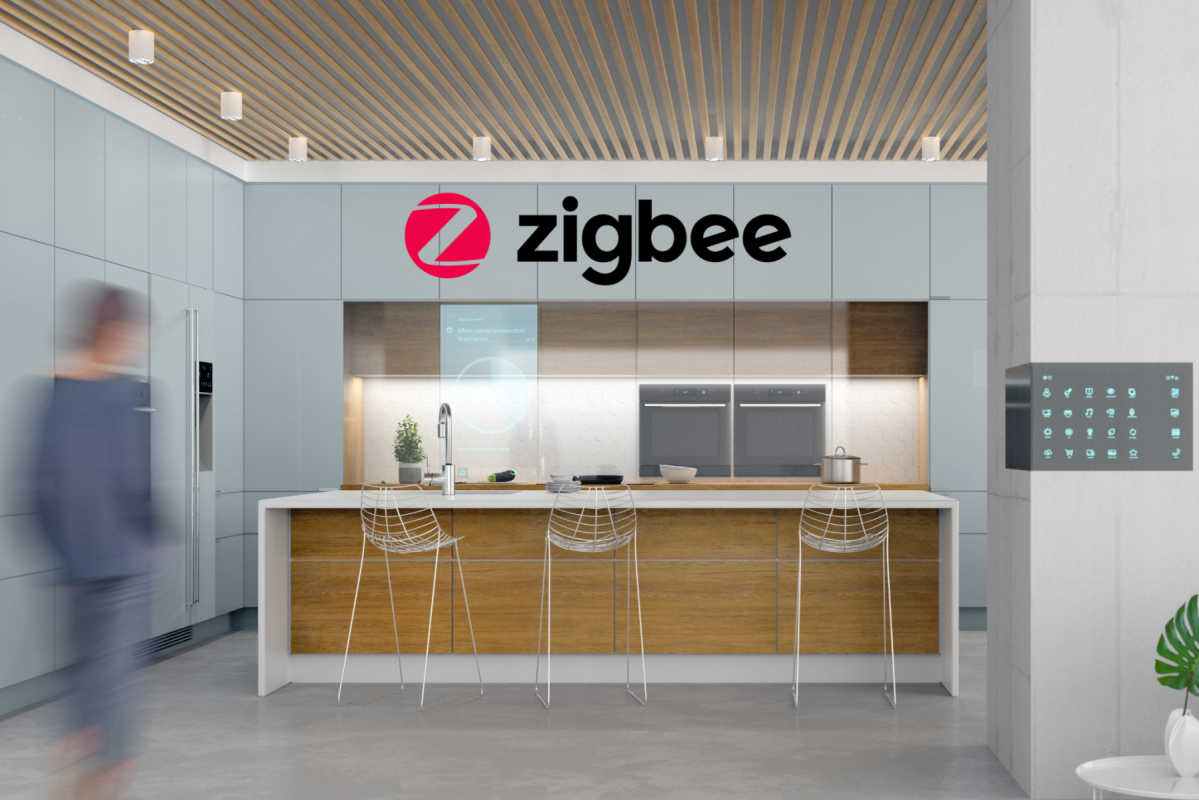Love Is Blind UK Season 2 has sharply divided critics, with Netflix's reality dating show receiving wildly contrasting reviews that highlight the ongoing debate about reality television's entertainment value. The series, hosted by Emma and Matt Willis, continues the established format where contestants date in pods without seeing each other before meeting face-to-face.
The Evening Standard delivered a scathing assessment, branding the show "vapid, empty, boring" and criticising its "artificial in the extreme" feel. According to the Evening Standard, the format has become tired after five years, with watching it compared to "Groundhog Day" where viewers experience the same manipulative cycle repeatedly.
In stark contrast, Metro offered a more positive perspective, particularly praising the diverse cast and highlighting appealing romantic connections. Metro specifically noted the strong connection between a South Asian couple, suggesting the show's representation and authentic moments provide genuine entertainment value.
Mature cast brings mixed results
The current season features contestants predominantly in their late twenties and early thirties, representing a deliberate departure from the early twenties demographic typical of the US version. While both publications acknowledge this maturity, they draw opposite conclusions about its impact on the show's quality.
Notable contestant Patrick, described as a "human design coach," has become a focal point for criticism due to his unusual behaviour including using his spleen to guide life decisions. His comment "My spleen is silent, I don't know what it's really saying right now" exemplifies what the Evening Standard views as artificial behaviour designed for dramatic effect.
Love triangles spark debate
Multiple romantic entanglements drive the season's central conflicts, with make-up artist Katisha finding herself caught between Demola and Javen, while gaming entrepreneur Kieran becomes torn between Sophie and fitness instructor Megan. The Evening Standard criticises these situations as examples of obvious producer manipulation, while Metro focuses on the genuine connections forming despite the format's constraints.
The Evening Standard highlighted "blatant ways in which the producers pull the contestants' strings, setting up a bit of drama here, a bit of awkward conversation there," suggesting the show's artificial nature undermines viewer engagement. However, Metro's assessment, based on the first four episodes, suggests the mature cast and diverse representation offer improvements over previous iterations.
Format future remains uncertain
The critical divide reflects broader questions about reality dating show authenticity versus entertainment value. While the Evening Standard questions why audiences continue consuming content that manipulates participants into believing "a happy ever after waits at the end of the rainbow," Metro's more optimistic view suggests the format still has potential when executed thoughtfully.
The series continues the Love Is Blind franchise expansion that originated in the US in 2020, gaining significant popularity during lockdown. The contrasting critical reception demonstrates that even established reality formats can generate passionate disagreement about their cultural value and entertainment merit.
Sources used: "Evening Standard", "Metro" Note: This article has been edited with the help of Artificial Intelligence.









